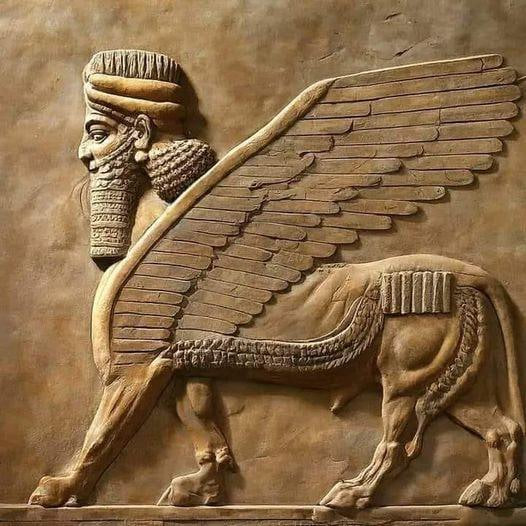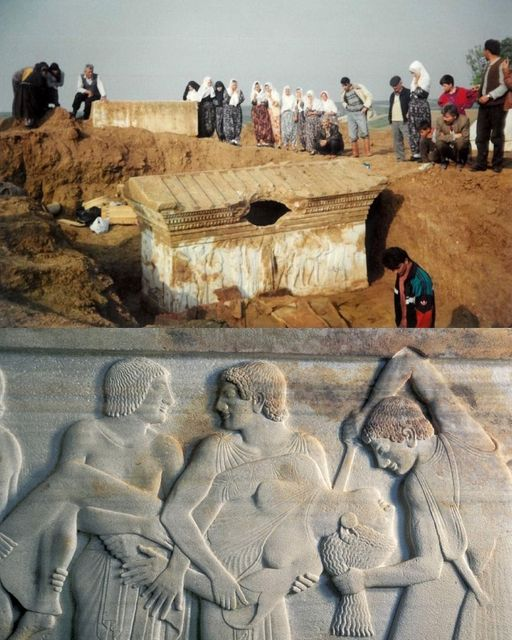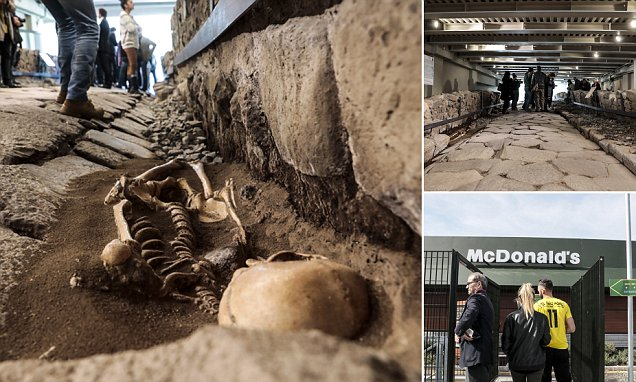Mesopotamia, often hailed as the cradle of civilization, stands as a testament to humanity's earliest achievements and innovations. Nestled in the fertile lands between the Tigris and Euphrates rivers, this ancient region gave birth to one of the world's oldest civilizations, leaving behind a rich legacy that continues to shape our modern world.
Origins and Nomenclature
The term "Mesopotamia" derives from the Greek language, meaning "land between two rivers." This aptly describes the region situated along the Tigris and Euphrates rivers, where the Mesopotamian civilization flourished. Dating back to around 5000 BC, Mesopotamia is revered as one of the earliest cradles of human civilization, encompassing parts of present-day Iraq, Iran, Syria, Turkey, and Kuwait.
Irrigation and Agricultural Advancements
Central to the success of the Mesopotamian civilization was its mastery of irrigation techniques. The fertile alluvial soil deposited by the Tigris and Euphrates rivers provided the perfect conditions for agriculture to thrive. Through the construction of elaborate irrigation systems, such as canals and levees, the Mesopotamians transformed arid lands into productive farmland, laying the foundation for advanced agricultural practices.
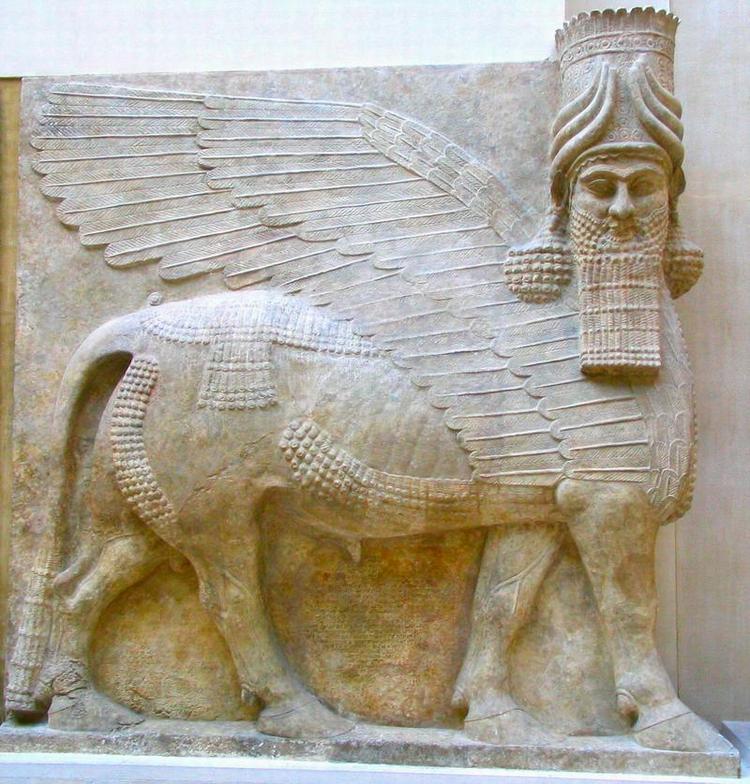
Major Phases of Mesopotamian Civilization
The history of Mesopotamia unfolds through four distinct phases, each characterized by significant cultural, political, and technological advancements:
Sumerians (4500 - 2000 BC): The Sumerians, the earliest known inhabitants of Mesopotamia, made remarkable strides in various fields, including literature, law, architecture, astronomy, and mathematics. They are credited with the invention of writing, the wheel, and the world's first known legal code.
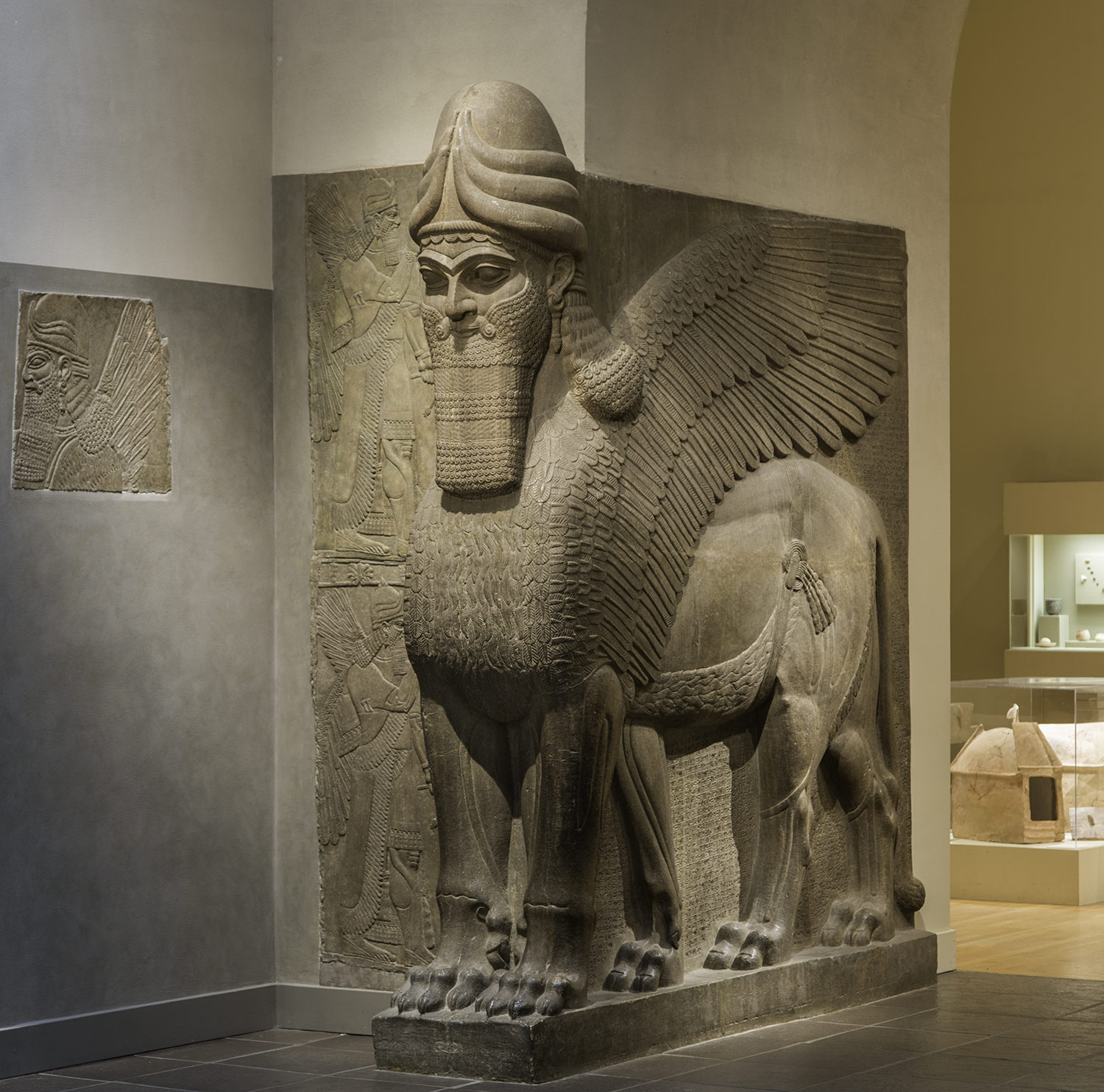
Babylonians (2000 - 539 BC): The Babylonian civilization, epitomized by the reign of Hammurabi, is renowned for its contributions to law, astronomy, mathematics, and literature. The Hanging Gardens of Babylon, one of the Seven Wonders of the Ancient World, symbolize the grandeur and sophistication of this era.
Assyrians (911 – 612 BC): Known for their military prowess, the Assyrians established a vast empire and excelled in metallurgy, architecture, and sculpture. Their military innovations, including advanced weaponry and tactics, made them a dominant force in the ancient Near East.
Chaldeans (626 - 539 BC): The Neo-Babylonian Empire, ruled by the Chaldeans, witnessed significant advancements in astronomy and mathematics. Babylon, the empire's capital, thrived as a center of learning and culture, leaving a lasting imprint on Mesopotamian history.

Legacy and Contributions to Civilization
The Mesopotamian civilization left an indelible mark on human history, shaping the course of world civilization. Its innovations in writing, astronomy, mathematics, and law laid the groundwork for future generations. The world's first libraries, schools, and hospitals emerged in Mesopotamia, underscoring its enduring legacy as a cradle of knowledge and innovation.
In conclusion, Mesopotamia stands as a beacon of human ingenuity and achievement, showcasing the remarkable feats of our ancient ancestors. From the invention of writing to the establishment of complex legal systems, the contributions of Mesopotamia continue to resonate in our modern world, reminding us of the enduring legacy of the world's first civilization.






